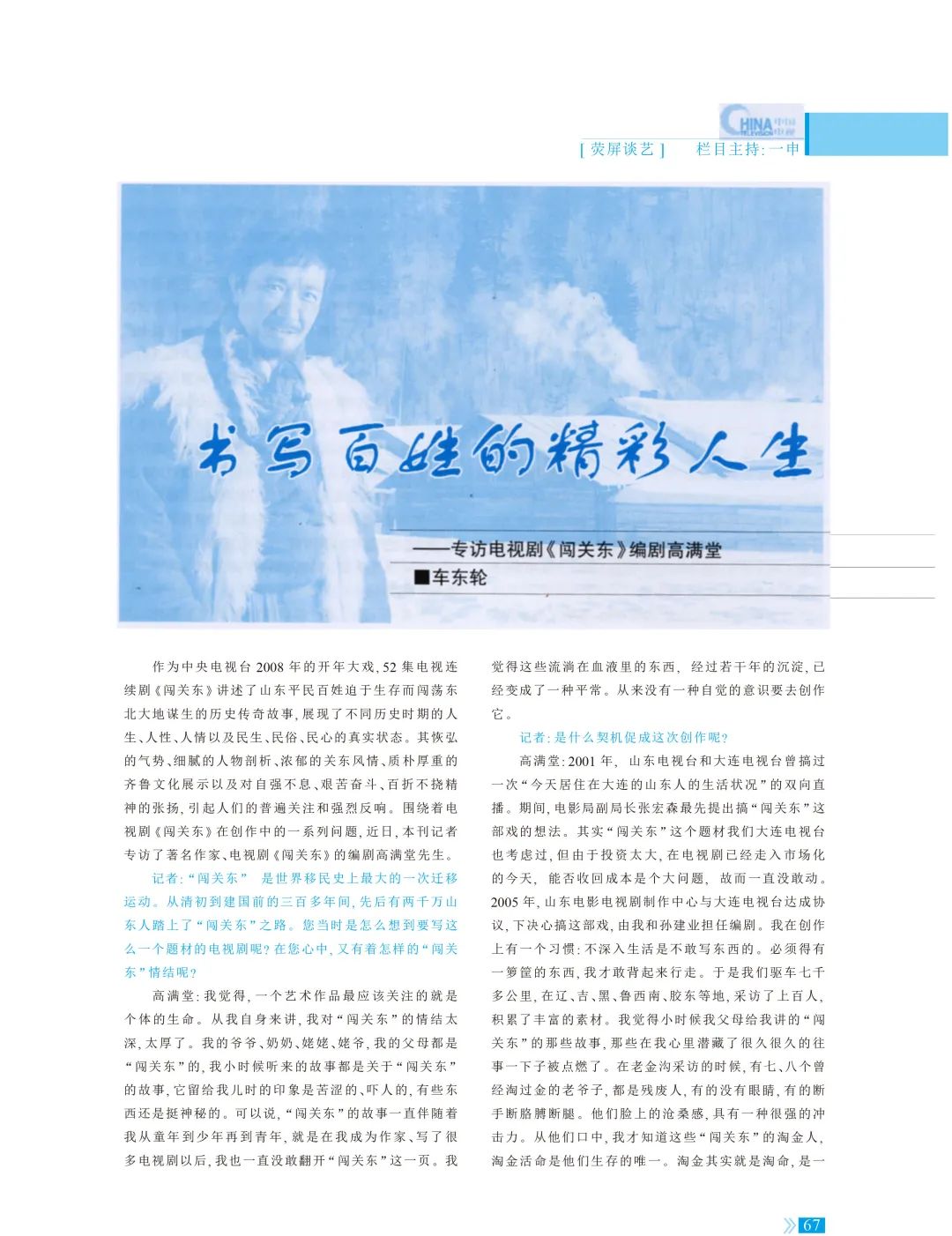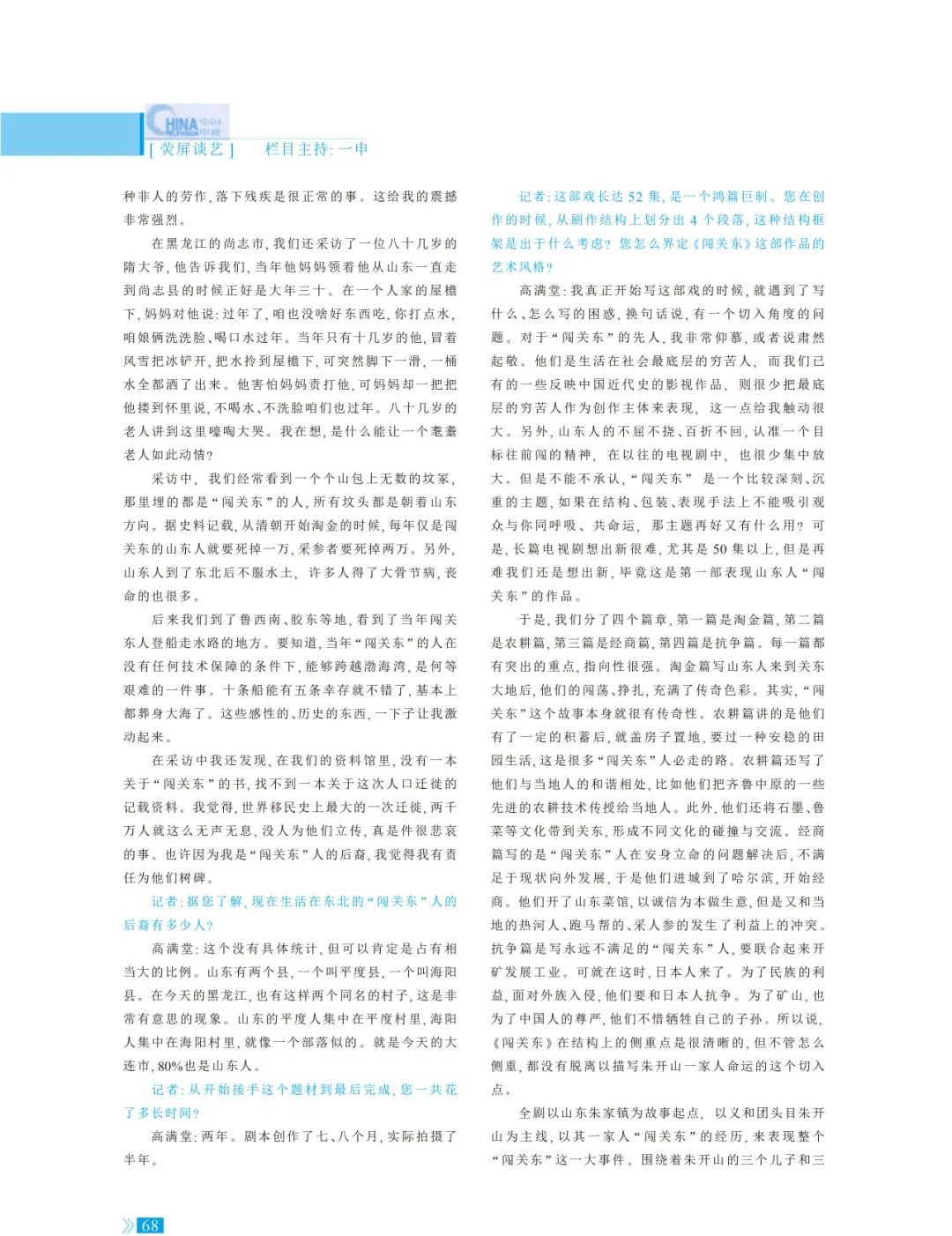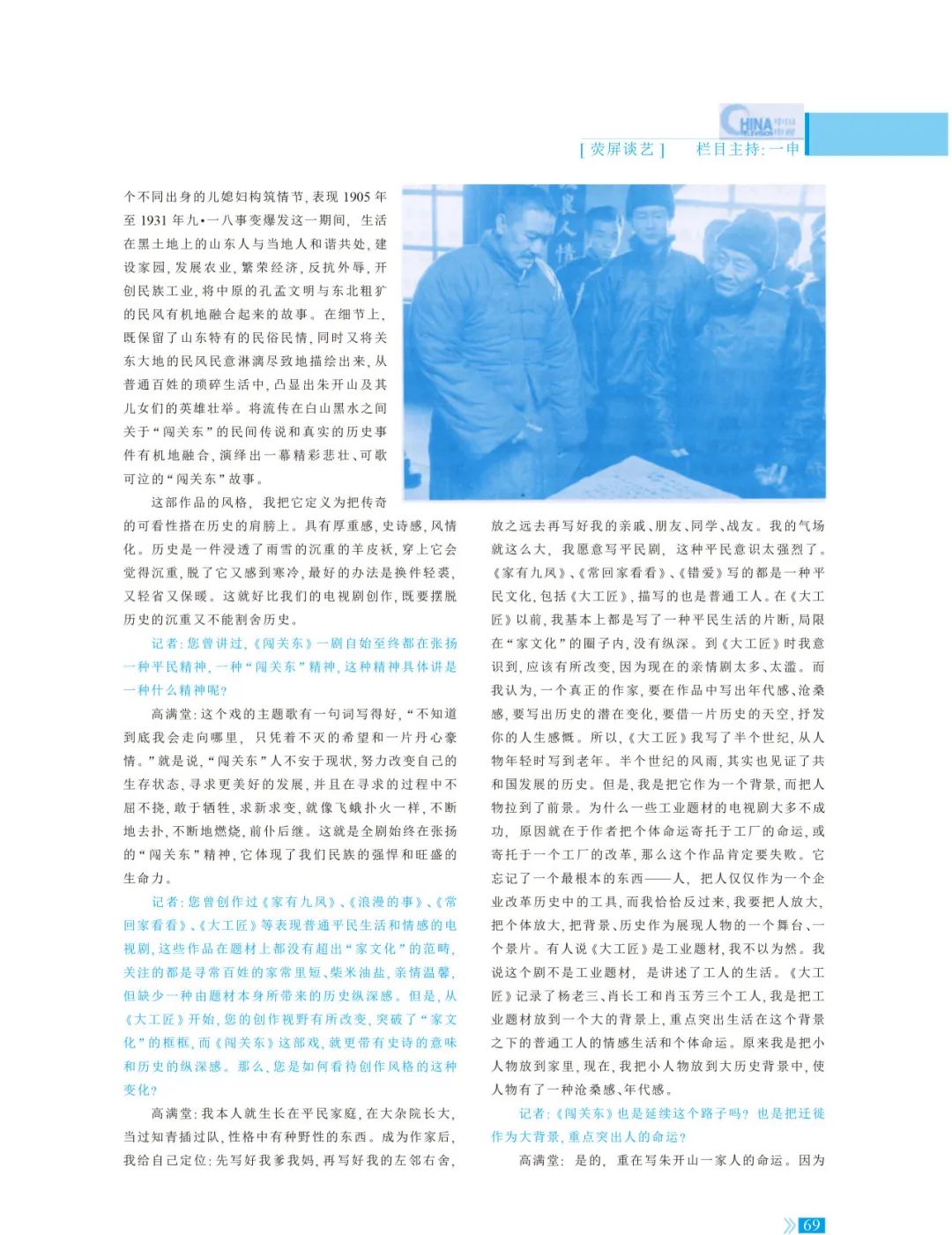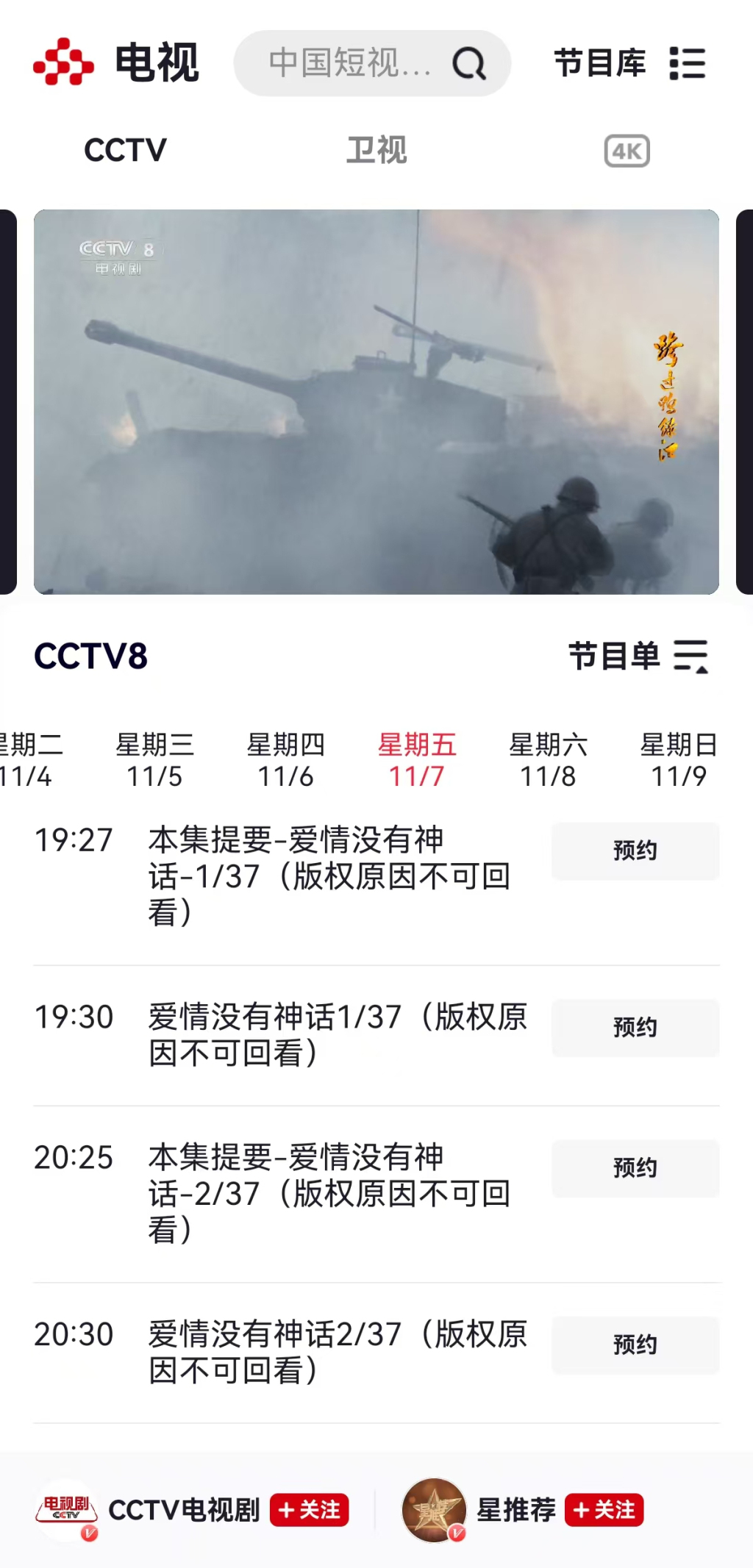
The 52-episode TV series "Crossing the Great Wall" is about to end on the "Revisiting Classics" channel. The vivid reproduction of the legendary history of Shandong people's adventures in the Northeast, as well as the unyielding national spirit and patriotism displayed by Zhu Kaishan's family under a specific historical background, make the series always fresh to watch, and it has achieved good ratings after multiple reruns.
"Crossing the Guandong" won the first prize for TV series at the 27th "Flying Apsaras Awards", and Gao Mantang also won the Outstanding Screenwriter Award at the 27th "Flying Apsaras Awards" for the drama.
After the show was broadcast, "China Television" magazine conducted an exclusive interview with screenwriter Gao Mantang. The interview content is now re-edited to see how a "good screenwriter" creates a "good story."

Poster of "Crossing Guandong"
【dialogue】
China TV : How did you come up with the idea of writing such a TV series? What kind of "Chuang Guandong" complex do you have in your heart?
Gao Mantang : I have a deep and strong feeling for "Crossing Guandong". My grandparents, my parents all went there. The stories I heard when I was a child were all about "Crossing Guandong". It left a bitter and scary impression on me as a child, and some things were quite mysterious. It can be said that the story of "Crossing Guandong" has been with me from childhood to adolescence and then to youth. Even after I became a writer and wrote many TV dramas, I still did not dare to open the page of "Crossing Guandong".
China TV : This drama is 52 episodes long. When you were writing it, you divided it into four sections. What were your considerations for this structural framework?
Gao Mantang : When I really started writing this play, I was confused about what to write and how to write it. I admire the ancestors who "crossed the Guandong" very much, or I should say I have awe. They are poor people living at the bottom of society. There are not many works that use the poor people at the bottom as the subject of creation. This touched me a lot. In addition, the Shandong people's indomitable and unyielding spirit, and their spirit of moving forward with a goal, have rarely been focused on in previous TV dramas. However, we have to admit that "crossing the Guandong" is a relatively profound and heavy theme. If the structure, packaging, and expression techniques cannot attract the audience to breathe and share the same fate with you, then what is the use of a good theme?
So we divided the series into four chapters: the first is gold rush, the second is farming, the third is business, and the fourth is resistance. Each chapter has a prominent focus and is very directional. In terms of details, it not only retains the unique folk customs of Shandong, but also vividly depicts the folk customs and opinions of the Guandong land, highlighting the heroic deeds of Zhu Kaishan and his children from the trivial lives of ordinary people. The folk legends about "Crossing Guandong" circulated between the white mountains and black waters and the real historical events are organically integrated to interpret a wonderful, tragic, and moving story of "Crossing Guandong".
"China TV" : You once said that the play "Crossing the Guandong" has been promoting a civilian spirit from beginning to end, a "Crossing the Guandong" spirit. What exactly is this spirit?
Gao Mantang : There is a line in the theme song of this play that is well written, "I don't know where I will go, I only rely on the everlasting hope and the passion of my heart." That is to say, the people who "crossed the Guandong" were not satisfied with the status quo, and they worked hard to change their living conditions and seek better development. In the process of seeking, they were indomitable, dared to sacrifice, and sought innovation and change. This is the spirit of "crossing the Guandong" that the whole play has always promoted, which reflects the strength and vigorous vitality of our nation.

China TV : Compared with your previous works such as Nine Phoenixes in the House, Romantic Things, and The Great Craftsman, Crossing the Guandong has a more epic meaning and a deeper sense of history. How do you view this change in your creative style?
Gao Mantang : I grew up in a compound, worked as an educated youth, and had a wild streak in my personality. After becoming a writer, I defined myself as follows: first write about my parents, then write about my neighbors, and then write about my relatives, friends, classmates, and comrades-in-arms. I like to write about the common people, because I have a strong sense of common people.
Before The Great Craftsman, I basically wrote about fragments of civilian life, confined to the circle of "family culture" and without depth. When I wrote The Great Craftsman, I realized that I should change. A true writer should write about the sense of time and vicissitudes in his works, write about the potential changes in history, and express his feelings about life through the sky of history. Therefore, I wrote The Great Craftsman for half a century, from the young to the old age of the characters, witnessing the history of the development of the Republic. I used to put the little people in the family, but now I put the little people in the big historical background, giving the characters a sense of vicissitudes and time.
China TV : Is Crossing the Guandong a continuation of this creative thinking?
Gao Mantang : Yes, the focus is on the fate of Zhu Kaishan's family. "Crossing Guandong" from 1904 to the "September 18th" Incident, during which many things happened in Chinese history. If you write about history, then the characters will be submerged. You know, history is an ocean, and people are just a drop in the ocean! I still use history as the background and the stage for the characters' activities. "Crossing Guandong" is about a group of people at the bottom of China's modern history who took the risk of crossing Guandong in order to change their fate; there are no big figures in "Crossing Guandong", all are "mud legs", all are grassroots people. I think this is a kind of historical truth, or a truth close to art.
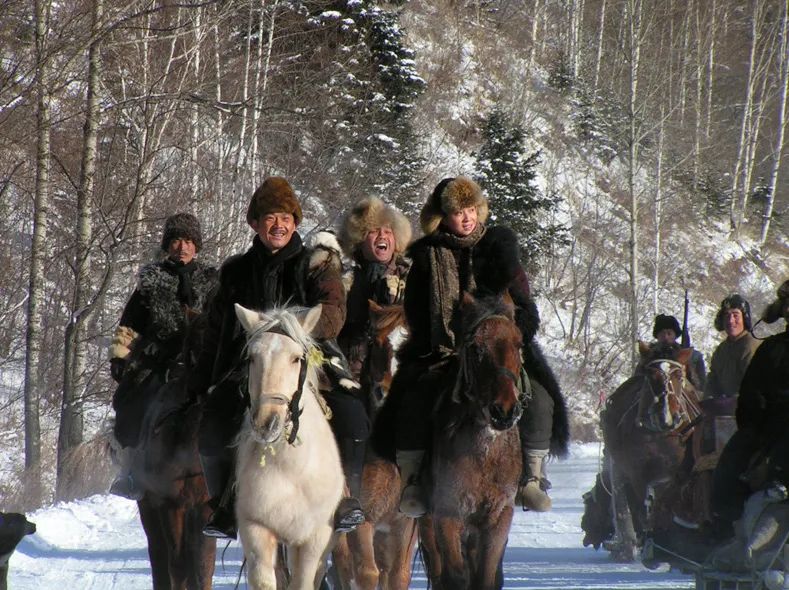
"China TV" : The "crossing the Guandong" depicted in the play took place a century ago. What is the practical value of this play?
Gao Mantang : People in those days went to Guandong for survival; today, although people no longer go to Guandong, they are going there to make a living, and they are also inheriting the spirit of "going there". For example, a large number of state-owned and private enterprises are now exploring overseas markets and wanting to enter the Fortune 500, which is also a "breaking through" and a continuation of the spirit of "going there". If a nation is content with the status quo and does not seek innovation and change, then there is no hope for this nation. The spirit of "going there" to change one's destiny and improve the quality of life is closely linked to the spirit of development, struggle, innovation and change advocated by the current society.
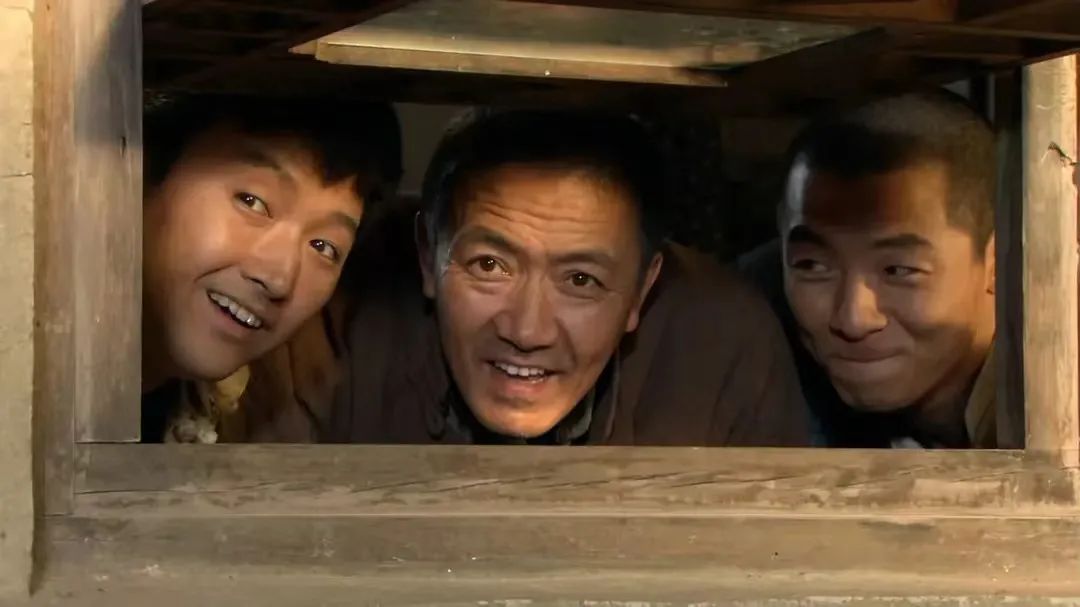
Appendix: The original article of "Writing the Wonderful Life of the Common People - An Interview with Gao Mantang, the Screenwriter of the TV Series "Crossing the Guandong"" from the 3rd Issue of "China Television" Magazine in 2008
